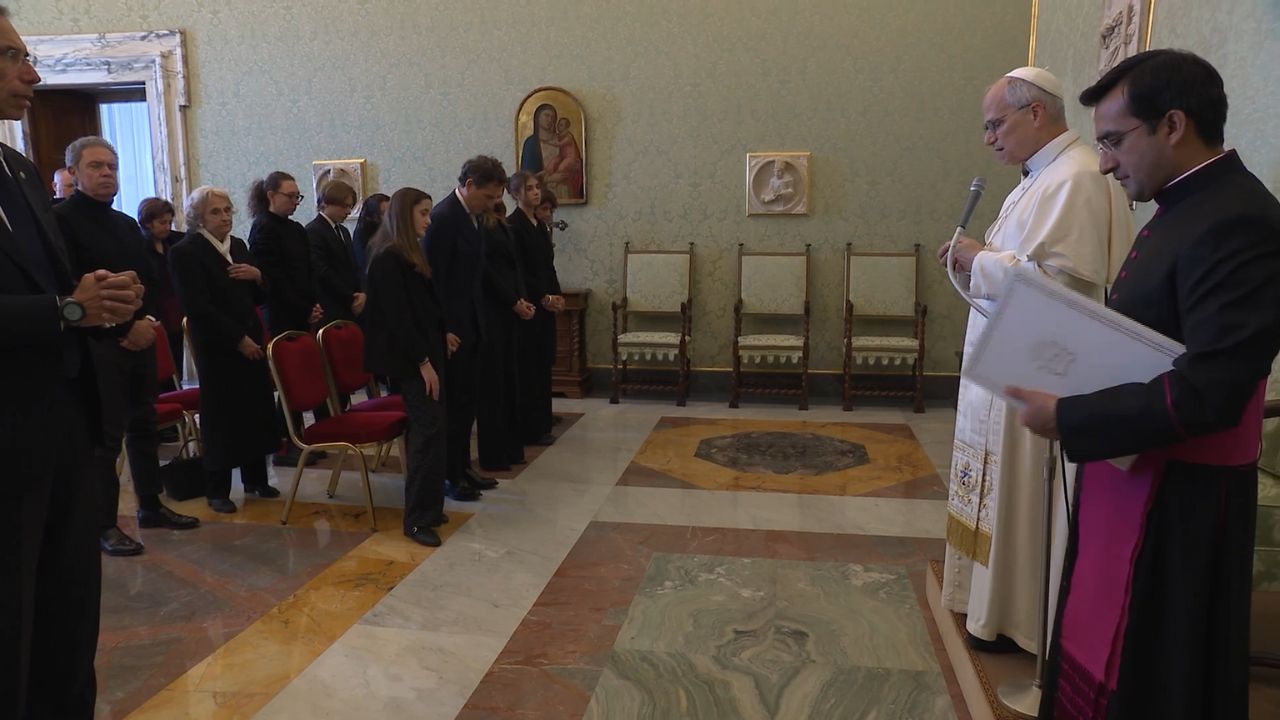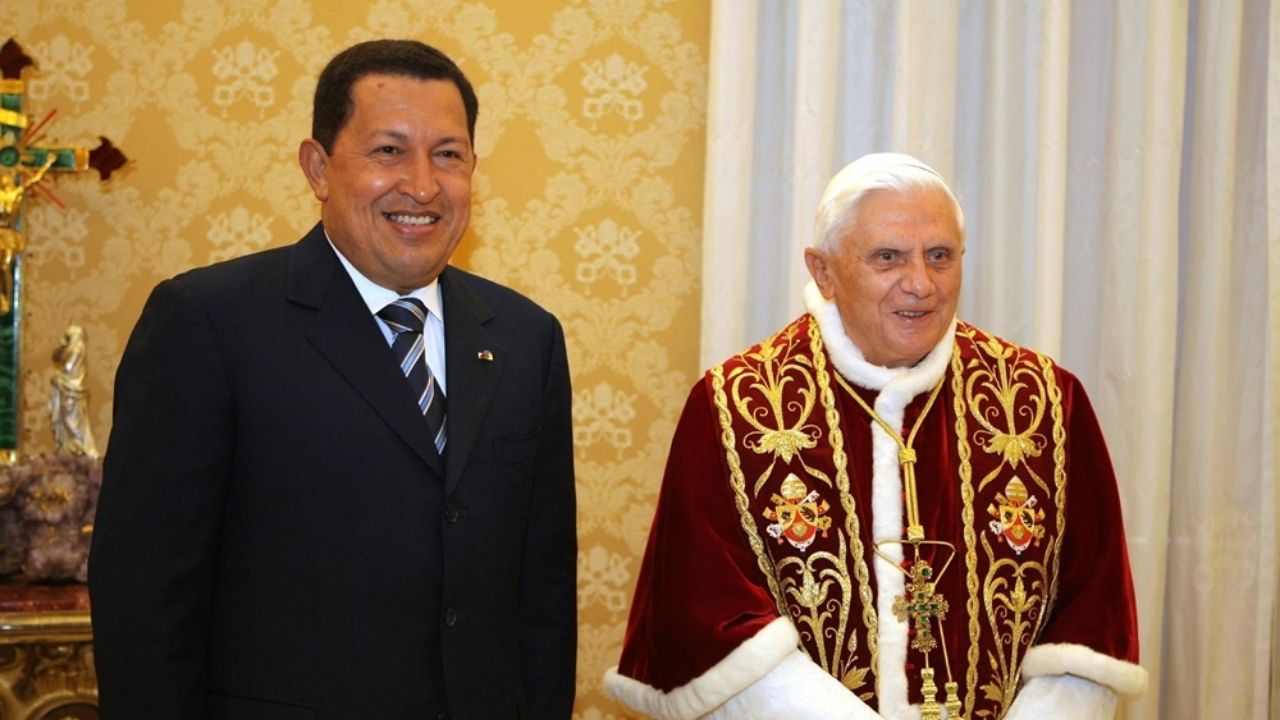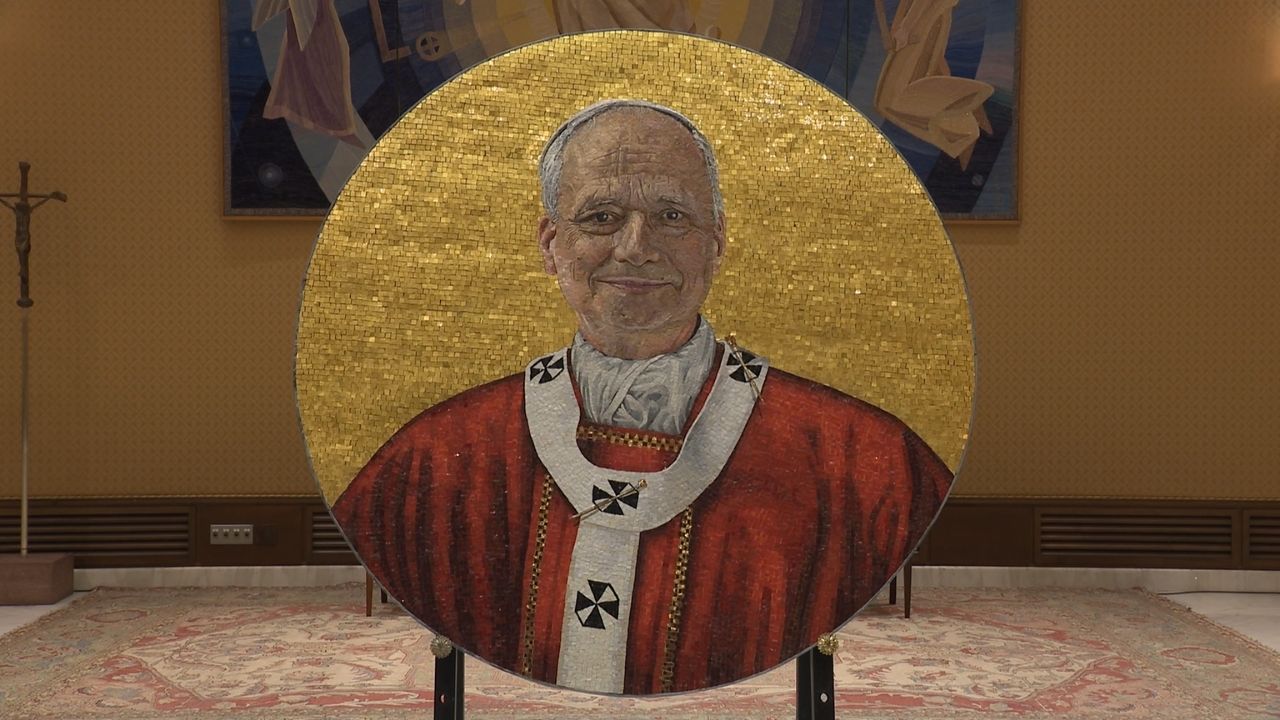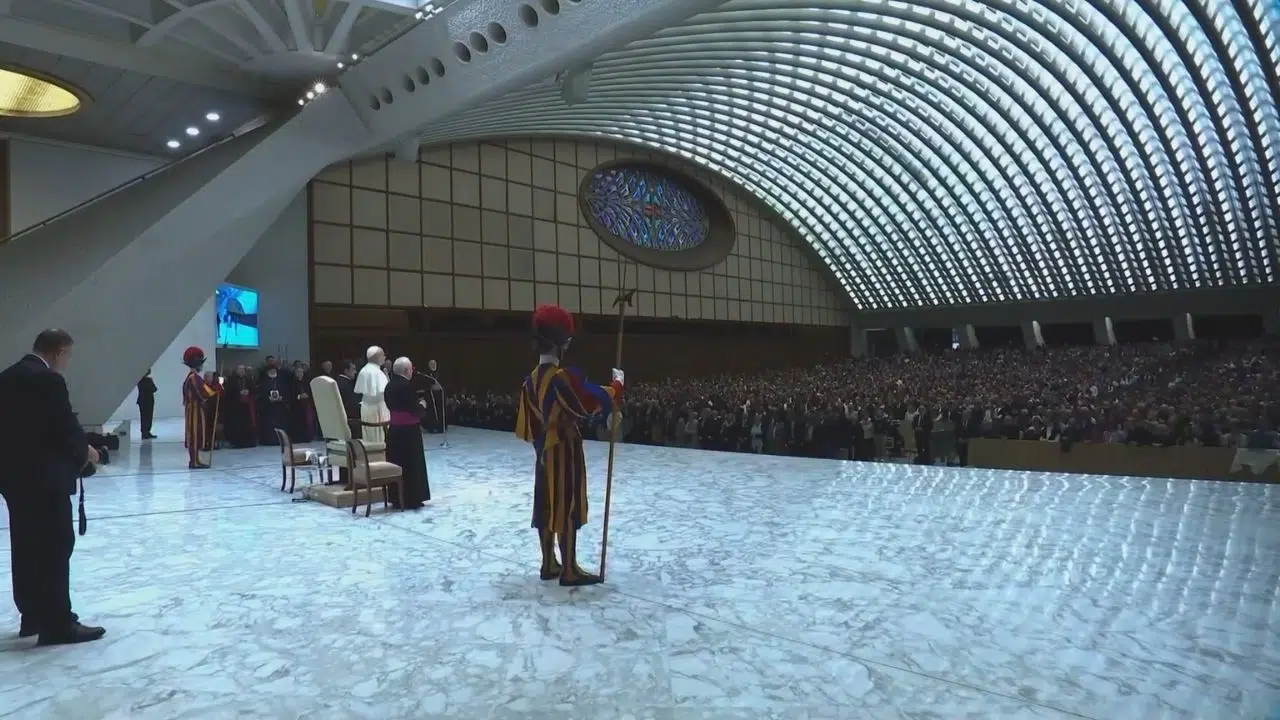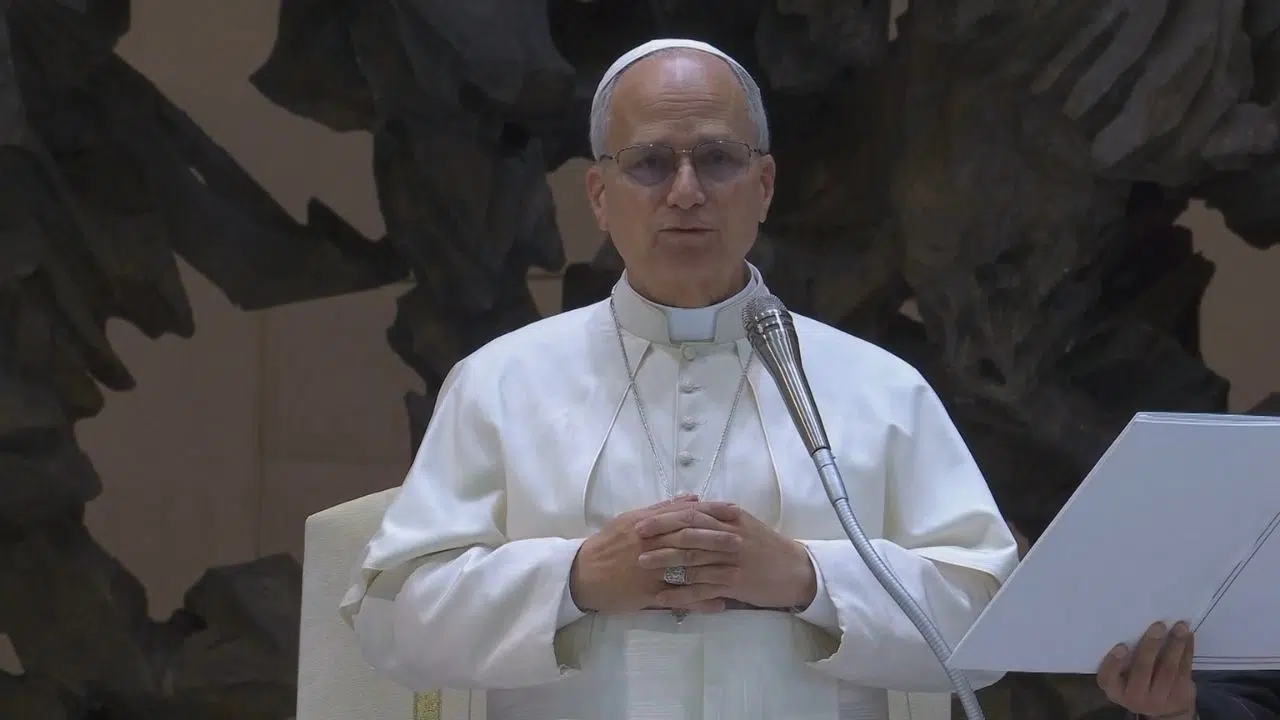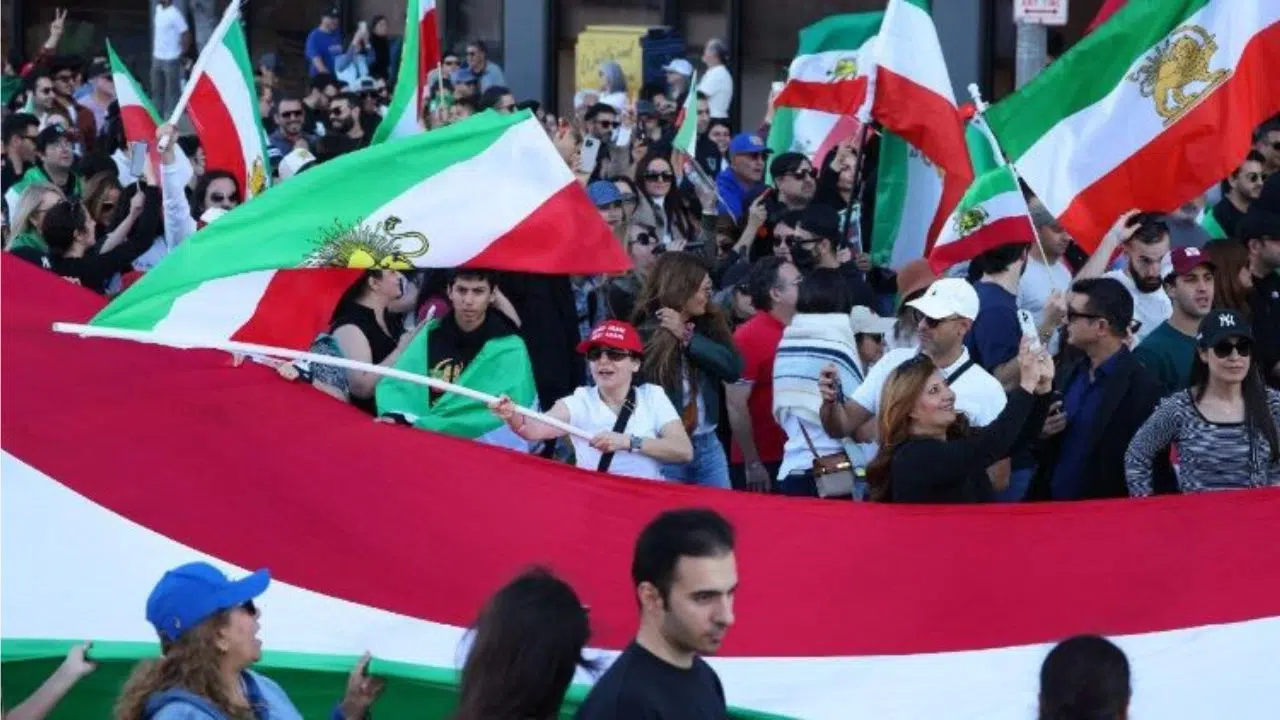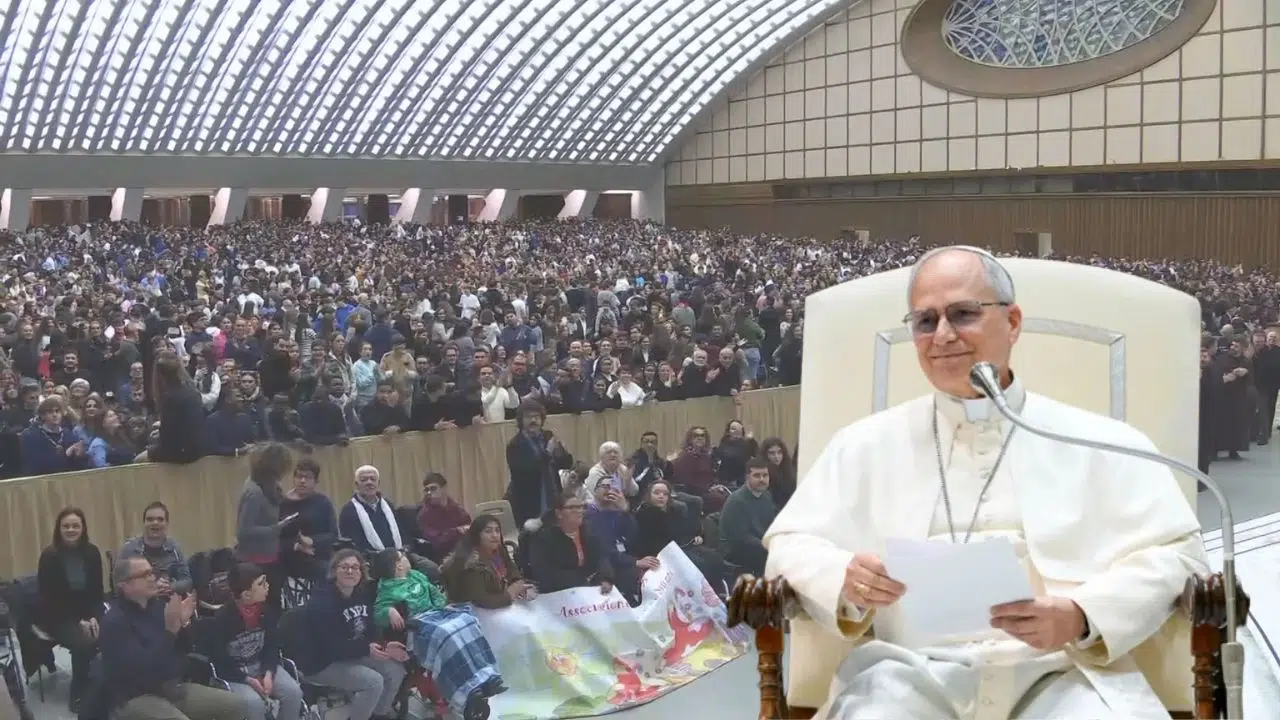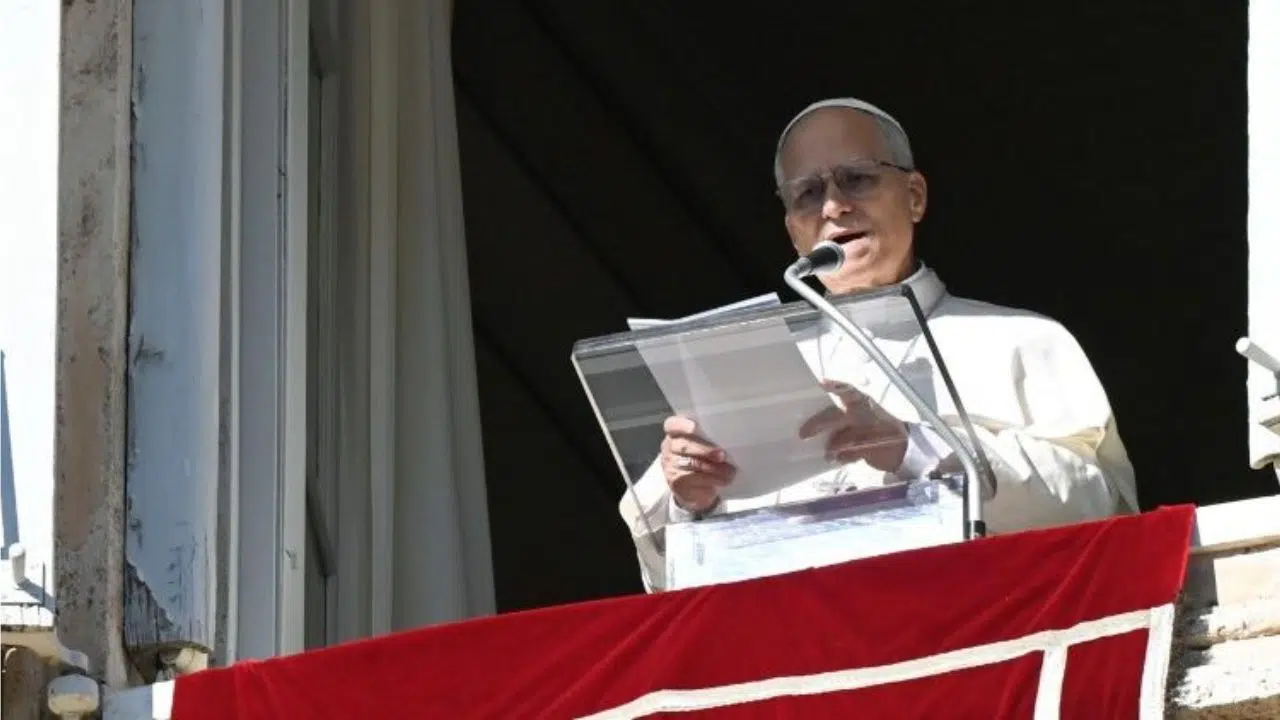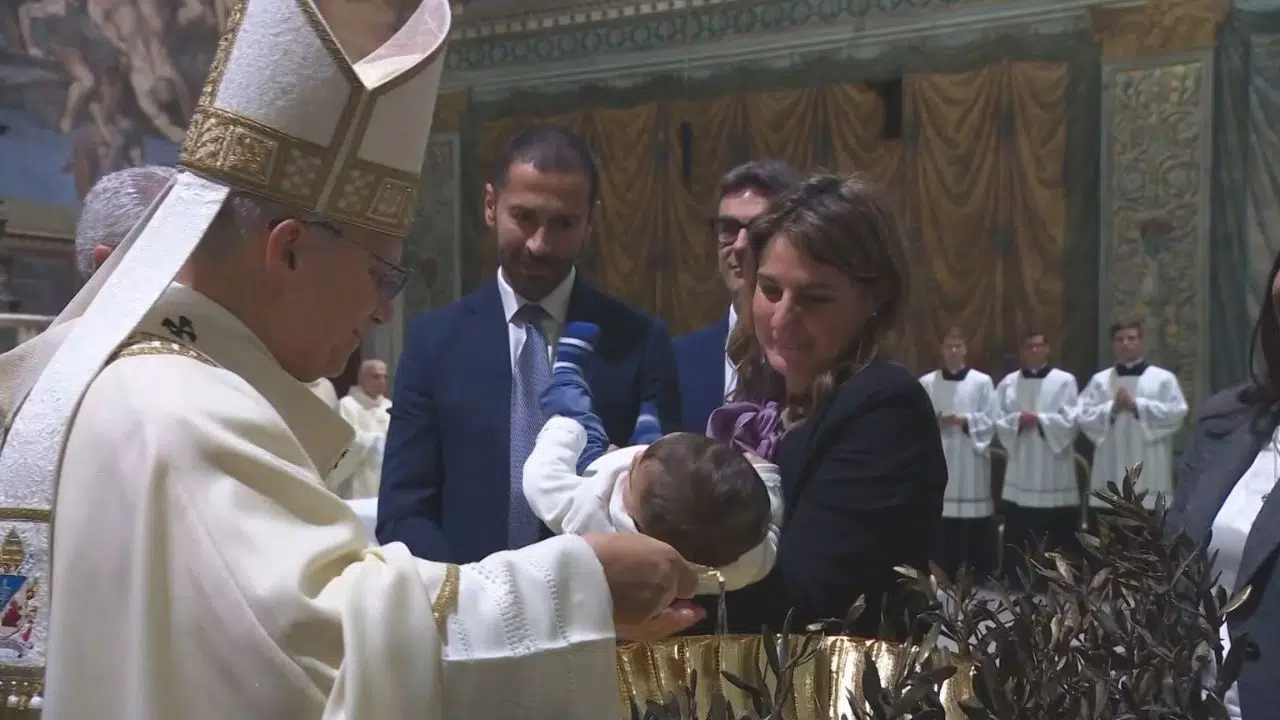It was an unfinished text by Pope Francis. Perhaps his final message to the world. He dedicated the heart of his pontificate to the poor, embodying that message through one figure: Cardinal Krajewski, the papal almoner in charge of charity at the Holy See.
The Argentine pope didn’t want him in the Vatican, much less in an office setting. He was clear: You have to go out and see what the poor really need.
CARD. KONRAD KRAJEWSKI
Prefect, Dicastery for Charity
At the beginning of Pope Francis’ pontificate, we had many migrants, many refugees. Nearly a thousand per day at Tiburtina Station—hungry, invisible to the state, without documents, without anything. They came from Lampedusa. If we were with them, we knew what they needed, not so much sandwiches, but phone cards to call their families: “I survived. I’m in Rome. Don’t worry.”
Pope Leo inherited this cause from his predecessor, to the point of making it his own, and with a concrete act: his first magisterial document gave a voice to the poor.
The exhortation, Dilexi te, is the continuation of Pope Francis’ encyclical, Dilexit nos. A text rooted in the Jesuit thinking on the situation of the poor, and with which the Augustinian (Pope Leo) takes it even one step further by making it part of his magisterium as well.
CARD. MICHAEL CZERNY
Prefect, Dicastery for Promoting Integral Human Development
It's not very relevant to ask who wrote what. This is Pope Leo's document and it is the magisterium of the Church. Laters scholars will dig here and dig there, but it is not too interesting for us. And so, look at the signature, see the citations, remember Pope Francis but it is Pope Leo.
Pope Leo makes this clear with concrete examples. He brings back into the spotlight the image of the Syrian child found lifeless on a Mediterranean beach. It was ten years ago.
The Pope is concerned that, despite the impact it had at the time, a decade later, such news ends up becoming irrelevant. His response: we must never let our guard down.
The papal almoner knows this well. His job is to see the face of poverty firsthand. And that is where, as Pope Francis once told him, Jesus is.
CARD. KONRAD KRAJEWSKI
Prefect, Dicastery for Charity
Don’t you realize that you are caring for Christ, dressing Christ, welcoming Christ, that you’ve combed the hair of Christ Himself—who comes under the colonnade, under the many faces of the world, but is still Him? So, are you helping Christ directly, and you’re complaining?
In fact, Pope Francis was even called a communist pope. As for whether Pope Leo might face the same criticism because of this document, here is Czerny’s answer:
CARD. MICHAEL CZERNY
Prefect, Dicastery for Promoting Integral Human Development
I'm sure that Pope Francis would be unhappy to be called a liberal pope and I'm sure that Pope Leo will not enjoy the label either, so…I mean, is the gospel liberal? is it the gospel liberal?… That's my answer.
On another front, if Pope Leo XIV made anything clear in his first words, it’s that the world is facing a revolution—this time not an industrial one, but a technological one. And that, too, is connected to poverty. The Pope denounces what he calls “economies that kill.”
This imbalance stems from ideologies that defend the absolute autonomy of markets and financial speculation. As a result, they deny the right of states, whose role is to safeguard the common good, to exercise control. A new invisible, sometimes virtual, tyranny is established, which imposes its laws and rules in a unilateral and merciless way.
As for the document’s references, beyond being a legacy of Pope Francis, there are countless allusions to other predecessors. In its just-under-30-page length, there are nearly 30 references to post-conciliar popes: John XXIII, Paul VI, John Paul II, and Benedict XVI.
Not to mention frequent references to the Second Vatican Council. In point 84, this assembly is described as a fundamental stage of the Church’s discernment in its mission toward the poor.
The path between the Church and the poor is one that all popes walk, and now, it's a path that Pope Leo has committed to paper.
CA
Trans. CRT
